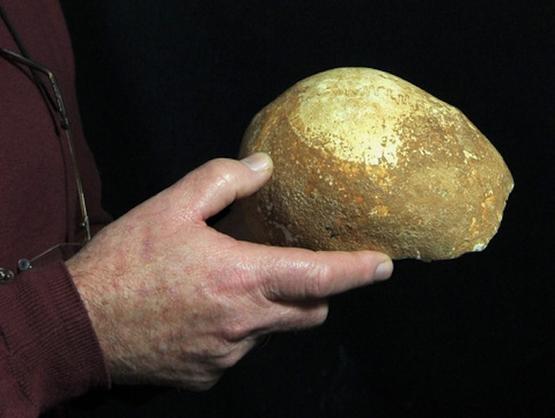Advertisement
Modern humans first appeared in sub-Saharan Africa about 200,000 years ago. For a long time, there has been much controversy about the timing and process by which modern humans crossed the Sahara and made their way out of Africa. Previous studies have suggested that modern humans moved out of Africa on a large scale between 70,000 and 40,000 years ago. However, a recent study suggests that modern humans may have started their journey to the world as early as 130,000 years ago, and subsequently expanded out of Africa several times.

Scientists used to believe that modern humans had two routes out of Africa. One, known as the northern route, saw humans leave Africa through what is now Egypt and the Sinai Peninsula; the other, known as the southern route, saw humans leave from what is now Ethiopia and the Arabian Peninsula. Both migratory routes lack adequate and reliable evidence.
To figure out which route modern human ancestors might have taken when they left Africa, the researchers sequenced the genomes of 225 people (Including 100 Egyptians and 125 Ethiopians) in northeastern Africa. They then matched these data with East Asians (Specifically Han Chinese), South Asians (Gujaratis in India), and Europeans (Tuscans in Italy), respectively. In addition, they matched the data with modern sub-Saharan West Africans whose genes can broadly reflect the gene pool of ancient sub-Saharan humans.
Advertisement
The scientists noted that modern Egyptians and Ethiopians have recently experienced a history of migration from outside Africa, and the resulting mixing may have increased the genetic similarity between them and those who moved to Africa. With this in mind, the researchers eliminated all genetic sequences that could have come from recent immigrants.
If the Southern Tier was the main route for humans out of Africa, then Ethiopians and Eurasians should be genetically more similar. Instead, the researchers found that the Egyptians were genetically more similar to Eurasians, suggesting that the Northern Route was the main route for humans out of Africa. The researchers estimate that the genetic separation of Eurasians from Egyptians should have occurred 55,000 years ago, 65,000 years ago from Ethiopians, and 75,000 years ago from West Africans.
The paper's lead author, Luca Pagani, a molecular anthropologist at the Sanger Institute in Cambridge, said: "One of the most exciting aspects of the findings is that we have revealed a single event in the evolutionary journey of all Eurasians. This discovery has the potential to help improve the deeper understanding of the biological history of billions of people."
The Northern Line as the main route out of Africa is supported by other facts - all people outside of Africa carried Neanderthal genes, and Neanderthals were living in the Eastern Mediterranean along the Northern Line at the time. The new discovery also coincides with the recent discovery of a modern human fossil in the area of Israel close to the Northern Line, which is about 55,000 years old.
While there is genetic and archaeological evidence that some human ancestors did travel out of Africa from the Southern Tier, perhaps these people did not travel further than Arabia or they did not leave genetic traces in modern Eurasians. Pagani said that in the future, scientists will study whether the people who chose the Southern Tier left genetic traces in modern-day Australians.





